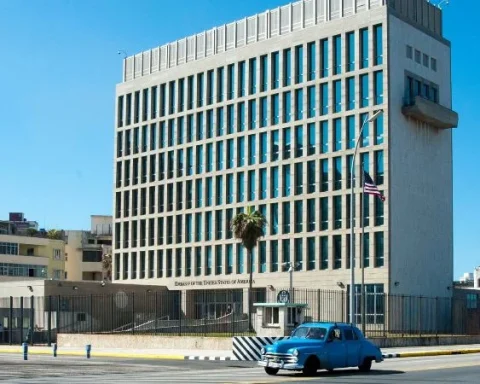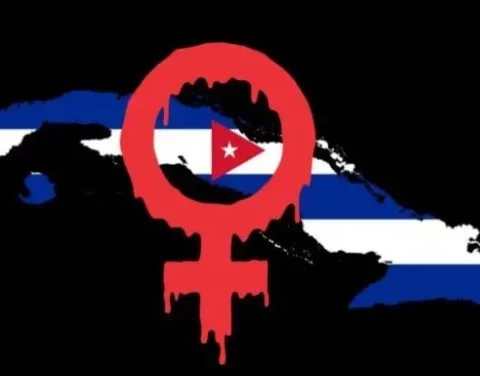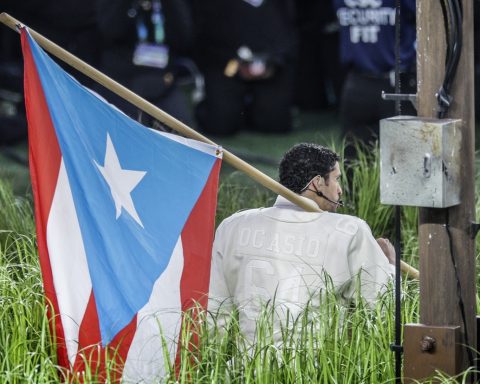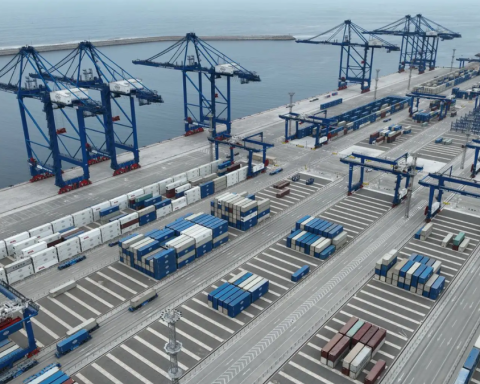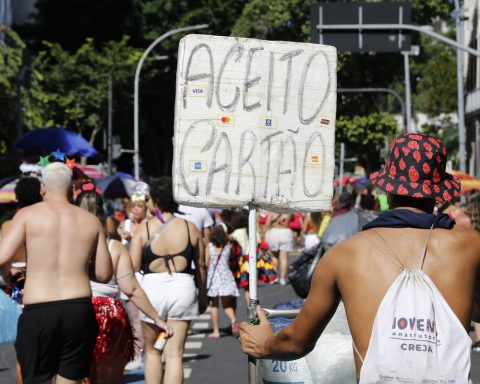Although Cuba is an eternal summer, where it is not possible to distinguish markedly as in other nations the seasons of the year, due to extreme changes in climate and therefore vegetation and animal life, it is no less true that November comes to cool off the intense heat. that tires us with just walking a few blocks, especially if there is no tree to shade us.
Since October the nights begin to be less hot, however, the high temperatures during the day are very similar to those of the months of July, August and September. Therefore, this October pandemic, when they allowed to go to the beach, Cubans enjoyed it as if it were summer season, even if there were days of waves and seaweed on the sand.
This weekend, when they marked the last days of October, a cold front arrived in the archipelago that, among the waves, splashes and slight penetrations by the Havana seawall, showed a slight decrease between 28 degrees Celsius by the day and 22 at night, always cooler inside, but at noon, the sun was very biting.
And it is that, although the autumn of ocher, carmelite, orange and yellow colors is already underway, our palette is still very contrasting, that Caribbean sky of ours reflects a blue as pure as it is impressive, but diminishes that holy water that provides so much life to the fields. The rains are no longer like in the spring, and in August, a product of the warming of the day.
Precisely, the Institute of Meteorology of Cuba (INSMET) in its Monthly Forecast of Total Precipitation and Extreme Average Temperatures for this month that has just begun, explained that the maximum temperatures must be in the norm throughout the national territory, while the rains should behave below in the west and center.

November marks that bridge from the rainy season to the dry season. The tropical systems are left behind, although it should be noted that the cyclonic season does not officially end until November 30, and the high pressure systems take more prominence, or what we also know as cold fronts that are associated with weak rains when they enter.
“The influence of the Atlantic anticyclone continues to decrease with respect to previous months, which, together with the passage of the first frontal systems, favors the occurrence of changes in weather conditions with certain frequency. The cyclonic activity in the Atlantic Ocean and its impact on Cuba decreases considerably, as does the rainfall in the country, both with respect to September and October ”, detailed the INSMET.
Therefore, drought is one of the effects that most affect us, not only crops suffer from the lack of precious liquid, the reservoirs that supply drinking water to communities are reduced to such an extent that certain territories have to be resorted to with tank car service. November, a month that leaves behind that holy water that makes plants flourish, but that opens a gap for us to rest fans and dust coats and scarves.

